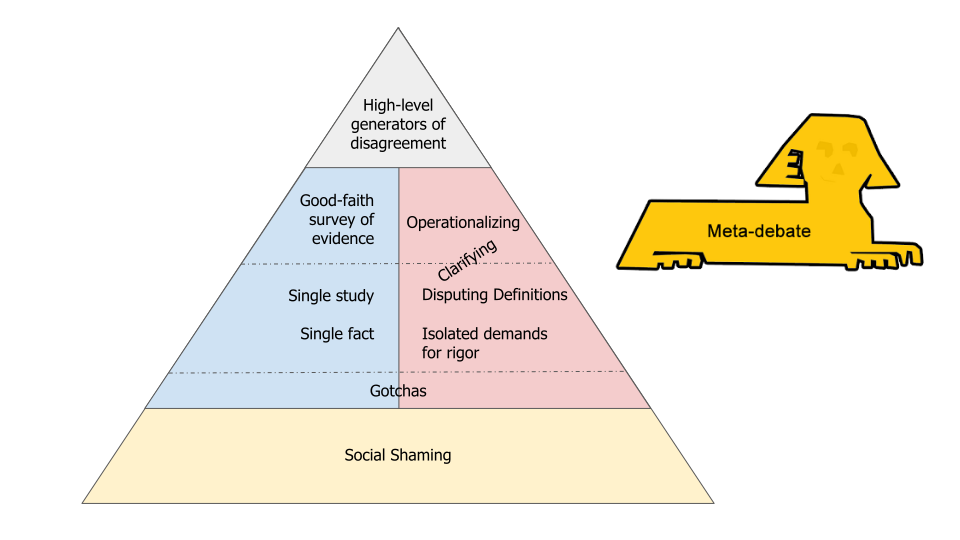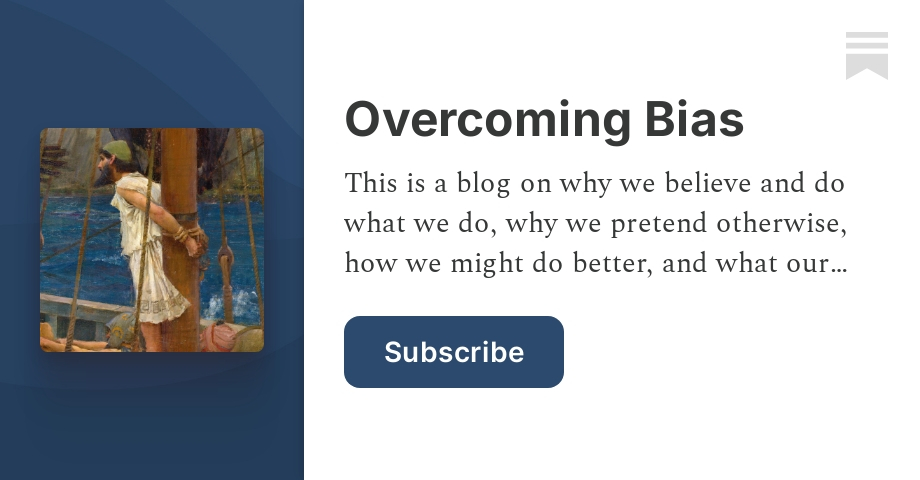negotiations (behavior)
A forgotten Nixon-era negotiation offers urgent lessons for our new age of economic warfare.
These five simple techniques can help you successfully negotiate anything—even when that involves speaking with a bully.
Negotiating effectively means proving that you’re a collaborator, not an adversary. To do that, you need to demonstrate that you’re attuned to your counterpart’s logic, emotions, and perspective. These strategies can help. Use short, simple vocal prompts. For example: “And?” “Really?” “Then?” “Mmm,” “Uh huh,” “Go on,” and “Interesting.” The aim is to nudge the […]
In artificial intelligence, the capacity of Large Language Models (LLMs) to negotiate mirrors a leap toward achieving human-like interactions in digital negotiations. At the heart of this exploration is the NEGOTIATION ARENA, a pioneering framework devised by researchers from Stanford University and Bauplan. This innovative platform delves into the negotiation prowess of LLMs, offering a dynamic environment where AI can mimic, strategize, and engage in nuanced dialogues across a spectrum of scenarios, from splitting resources to intricate trade and price negotiations. The NEGOTIATION ARENA is a tool and a gateway to understanding how AI can be shaped to think, react,
It was inevitable that the golf legend would be wooed away from the PGA Tour, writes Alan Shipnuck in an excerpt from his new book, LIV and Let Die. The question was who’d come along with him. “Everyone,” as one player puts it, “had a number."
The key to finding your power in any negotiation is preparation. Here's what to do.
Negotiation is tough. While no words work all the time, the following phrases can help keep you on track and serve notice to the other side.
The lesson in the Griner case is that public pressure can steer hostage negotiations in a direction that is disadvantageous to our side, but at least solves one case.
When people argue, a kind of frustration called persuasion fatigue can cloud their judgment and harm relationships
Arguing well isn’t just about winning. A philosophical approach will help you and the other person get much more out of it
Negotiating is something we do on a daily basis, be it at work or at home, and is key to ensuring that you always get the best outcome.
(Cross posted to LessWrong)
How to turn arguments from vicious battles into productive dialogues.
People, including negotiators, lie every day, so when you’re trying to make a deal, it’s important to defend against deception. The best strategy, says the author, is to focus not on detecting lies but on preventing them. She outlines five tactics that research has shown to be effective: Encourage reciprocity. You can build trust and prompt other parties to disclose strategic information by sharing information yourself. Ask the right questions. Negotiators often lie by omission, keeping mum about relevant facts, but if directly asked, they are more likely to respond honestly. Watch for dodging. Don’t let your counterparts sidestep your questions—write them down in advance, take notes on the answers, and make sure you get the information you’re seeking. Don’t dwell on confidentiality. Studies show that the more you reassure others that you’ll protect their privacy, the more guarded and apt to lie they become. So be nonchalant when discussing sensitive topics. Cultivate leaks. People often reveal information unwittingly, so listen carefully for any slips and try indirect approaches to gaining information.
Insights into attitudinal restructuring and intra-organizational negotiations still hold the key to positive outcomes.
Notes from books and other interesting things that I've read. Table of contents at the end 👇 - mgp/book-notes
Why did you sting me? You'll drown too
How does hostage negotiation get people to change their minds? The Behavioral Change Stairway Model was developed by the FBI’s hostage negotiation unit, and it...
Imagine you’re a product manager and a co-worker from Marketing comes to you with a feature request. Let’s call her ‘fictitious Annie’. She asks you, “Wouldn’t it be awesome if we built this amazing crypto-blockchain feature into our product?” Well…
It's possible to get a higher salary without taking anyone captive.
In this article, my goal is to show you what is negotiation for Product Managers and share 10 steps to influence without authority.
Whether you want a raise, different responsibilities, or more resources, knowing how to negotiate is vital. Here are 5 (non-sleazy, promise!) tricks straight from the car lot that will help you get what you want at work.
Learn the street epistemology conversation technique and how you can apply it at work.
Stop wielding your values as a weapon and start offering them as a gift.
The case for the argumentative theory of reason, as made by The Office
The long read: The troubled times we live in, and the rise of social media, have created an age of endless conflict. Rather than fearing or avoiding disagreement, we need to learn to do it well
Bridge the divide with thoughtful conversation techniques, next-level listening, and a dip into the science of changing minds.
Three very different case studies — involving hostages in Afghanistan, a suicidal man in Calgary, and a tug-of-war between Brazilian and French businessmen — point to the importance of face, or reputation, in negotiations. To help you and your negotiating partners succeed, it is important to recognize why face matters, map out all the players involved in a negotiation, ask yourself if the solution being proposed will cause a loss of face for anyone, and work to help avoid that.
The book Honeybee Democracy, published in 2010, has been sitting on my shelf for many years.
Want to ask for a raise, lower your rent or haggle for the best price on a new car? Understanding how your brain works is the first step.
Big ideas, strong-willed characters, impossible deadlines and close quarters — if you wrote out a recipe for conflict, it might bear an uncanny resemblance to the high-stakes, pressure-cooker environment of a startup. We spoke with top engineers, seasoned managers and experts in human behavior to share their experience-tested wisdom on conflict mediation and management in rapidly scaling companies.
Because some people never outgrow being bullies.
How to be a better negotiator: tips from Christopher Voss, former international FBI hostage negotiator for 24 years
How do you get what you want out of a negotiation? United Nations negotiation trainer Alex Carter says the best methods center on recruitment, not rivalry. Whether you're asking for a raise or resolving a family dispute, she offers five simple tips for a successful discussion — starting with one powerful question.



























:extract_focal()/https%3A%2F%2Fs3.amazonaws.com%2Fpocket-collectionapi-prod-images%2Fd93f5c7f-f085-4d78-9c7d-be340e1fd63c.jpeg)




:extract_focal()/https%3A%2F%2Fi2.wp.com%2Fdariusforoux.com%2Fwp-content%2Fuploads%2F2017%2F09%2Fassholes.png%3Ffit%3D665%252C499%26ssl%3D1)

